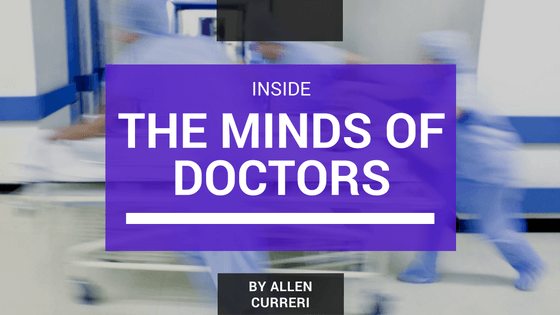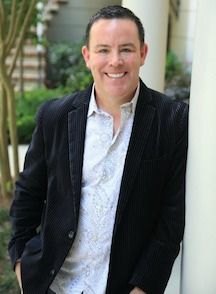When I was just starting out in the medical field I traveled door to door, hospital to hospital selling scanning equipment. As a young man, this put me in the unique position of being responsible for teaching new skills to doctors, even if it was only the operating instructions for an ultrasound. More importantly, those hours spent in the ER stuck me right on the front lines, experiencing firsthand the incredible demands many doctors face on a daily, even hourly basis. I watched as doctors were confronted with impossibly complex choices, witnessed as they made decisions in a matter of moments that would change the course of their patient’s lives forever after.
The pressure that these doctors faced was enormous and unrelenting. Even routine cases could be hiding some insidious malady — when people’s health hinges on your judgement, there’s no room for an off-day.
Usually, I saw doctors making skillful calls and sending grateful patients home. But I didn’t always agree with every decision I watched being made. What struck me most was not that even highly skilled and experienced doctors are fallible — they are still human, after all, and the high-pressure environment means that many decisions come down to instinct and speed. No, what struck me most was that regardless of the decision, a doctor’s order was never questioned.
Nurses, technicians, patients, even observers like me, everyone held their doctors in such high respect. As well they should. Doctors earn our trust through years of in-depth education and experience and their expert opinion ought to carry great weight. To their credit, many doctors are open to the feedback of their colleagues and welcome dialogue with nurses. Still, at the end of the day, if you are admitted to the hospital with some sudden disease or injury, chances are the quality of the care you receive will rest on the judgement of one person.
If that sounds a little concerning to you, you’re right. Medical error poses a massive and very present threat in America today, more rampant than we previously imagined.
How, then, can we reduce it? That was the question I asked myself again and again, the question that brought me from pharma to my PhD and then to my life’s work developing a consultancy for clinical decision making. I wanted to know what is going on in the minds of doctors when they make the decisions that will determine our health and happiness. By what process do they arrive there, what skills, training, and experience do they rely on? And how can we make that process better?
Errors in nuclear science and airline operation — both highly intricate, complex sciences that rely on a thousand variables — have been reduced to almost zero. Shouldn’t we be able to do the same for healthcare?
To answer these questions, my colleagues and I started by talking to doctors. We received over 1,000 responses by distributing surveys and interviewing physicians. Since beginning of this research, we’ve visited more than 400 emergency rooms and conducted in-person interviews and surveys with nearly 1500 ER physicians. Currently, we’re analyzing this data to develop a curriculum that will equip physicians to make careful, thoughtful decisions in high-pressure situations. To put it simply, we’re working to standardize medical mindfulness.
We have a lot of brilliant people looking after our health, and having witnessed their work first hand I have great faith in the men and women of the healthcare system. Most of us owe our good health to centuries of medical discovery and innovation that challenged the status quo and pushed us to take care of each other in better, smarter ways. The many skilled doctors today are a testament to constant progress — so let’s not stop now.


